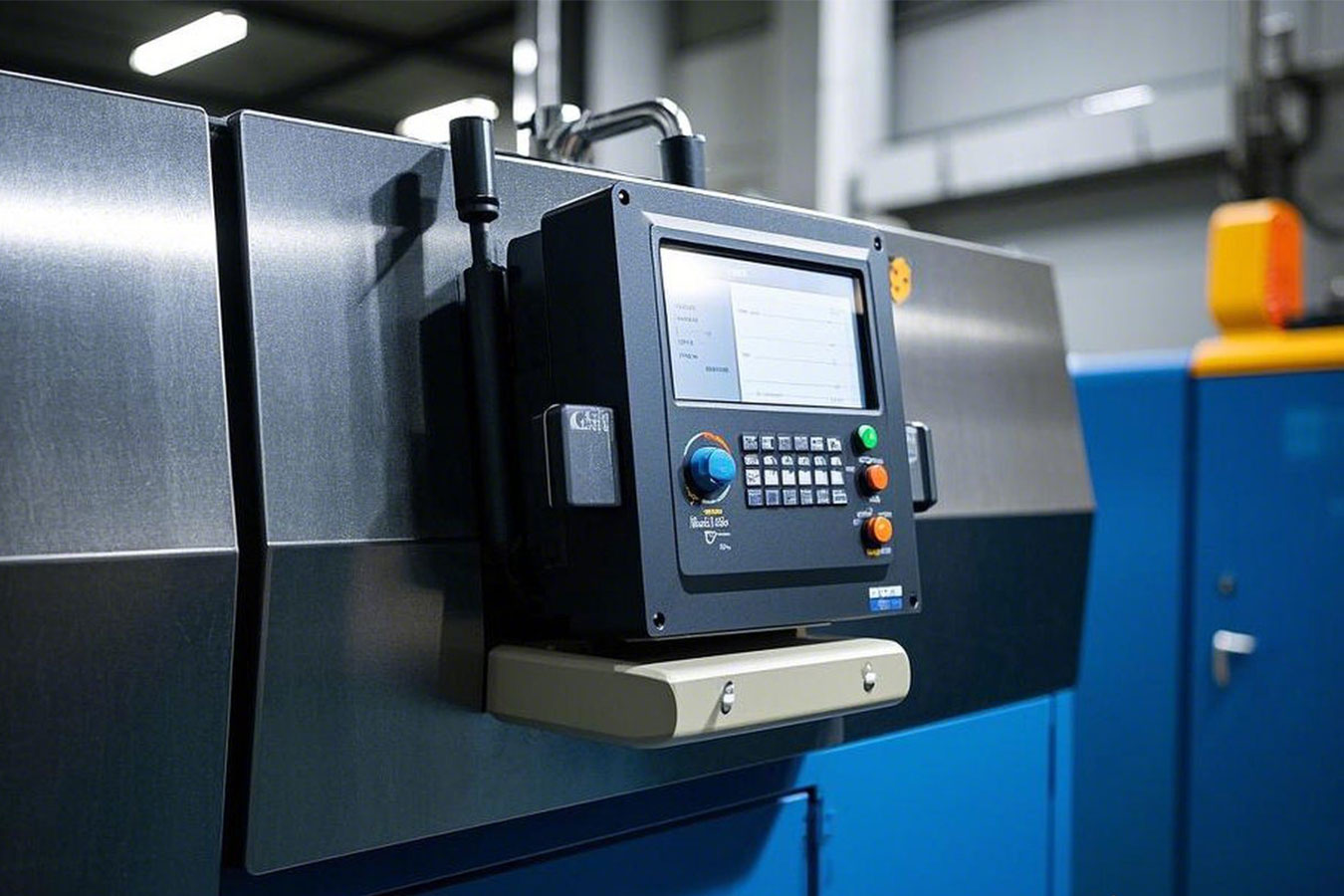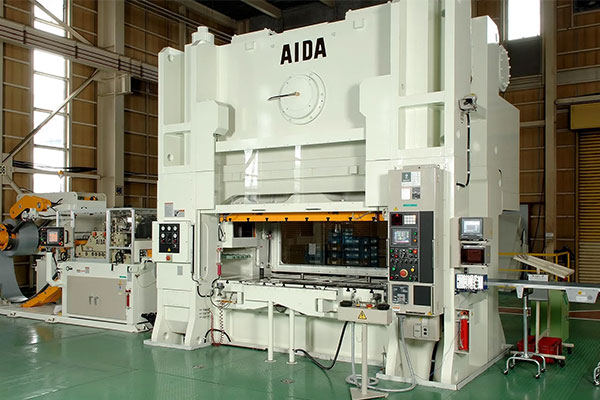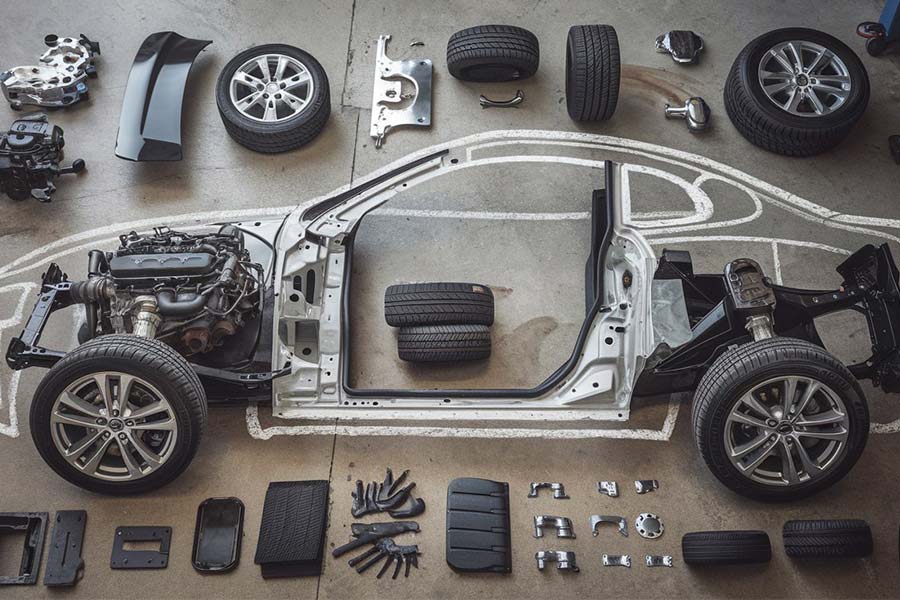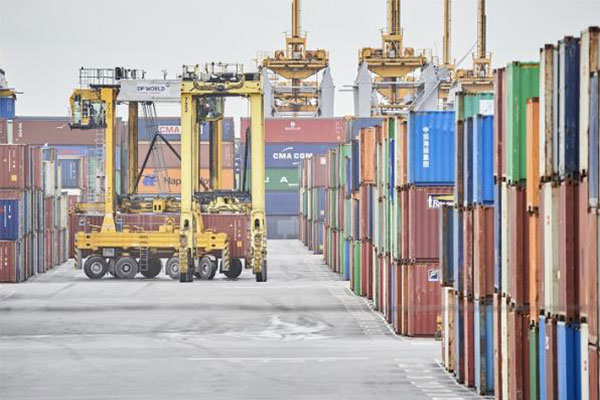- Shanghai Zhongshen International Trade Co., Ltd. - Two decades of trade agency expertise.
- Service Hotline: 139 1787 2118
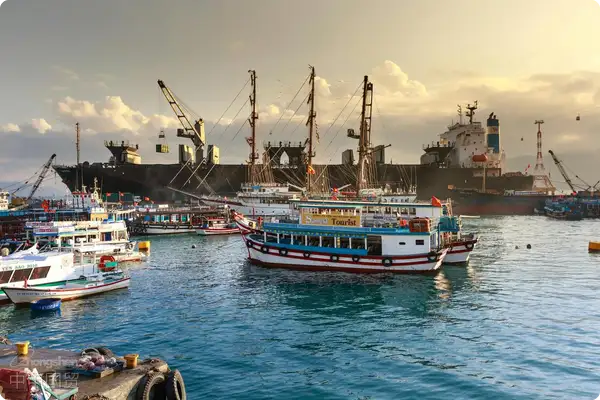
Introduction
In today's globalized economy, importing industrial machinery and equipment is crucial for many enterprises to enhance production efficiency and expand business operations. However, the international trade environment is complex and ever-changing, with the import process involving numerous steps—from document handling to logistics arrangements, from...FX Settlement AgencyFrom product certification, every step requires careful attention.ZhongShen International TradeAs a professional specializing in import process services,foreign tradeAn agency will analyze the key points of importing industrial machinery and equipment for you.
Professional document processing and logistics arrangement
Document processing is the primary step in importing industrial machinery and equipment. ZhongShen International Trade boasts an experienced documentation team proficient in the preparation and review of various trade documents. Taking the commercial invoice as an example, it must accurately display key information such as product descriptions, quantities, and values to ensure consistency with the contract and other relevant documents. The packing list meticulously records the packaging details of the goods, facilitating customs inspections and logistics transportation. As for the bill of lading, strict scrutiny is applied to guarantee the validity of the document of title.
In terms of logistics arrangements, we formulate the optimal logistics plan based on factors such as the characteristics of the goods, delivery deadlines, and destinations. If the goods are bulky and heavy,Maritime TransportationIt may be a more suitable choice. We maintain long-term partnerships with major shipping companies, enabling us to secure favorable freight rates and stable shipping space. If the goods are urgently needed,Air TransportationThis can meet the timeliness requirements. Meanwhile, during the transportation process, we will track the cargo status in real time to ensure safe and timely delivery to the destination.
For example, there was a client who imported a batch of high-precision industrial testing equipment, which had extremely stringent requirements for shockproof and moisture-proof conditions during transportation. The logistics team at ZhongShen International Trade specially designed a customized packaging solution and coordinated with the shipping company to provide a stable transportation environment, ensuring the goods arrived at the client's location in perfect condition.
Advantages of VTB Foreign Exchange Settlement in the Russian Market
When importing industrial machinery and equipment involves the Russian market, the foreign exchange settlement process is particularly crucial. ZhongShen International Trade offers convenient VTB foreign exchange settlement services for the Russian market. VTB Bank, a major financial institution in Russia, has established a strong cooperative relationship with ZhongShen International Trade.
The foreign exchange settlement process is roughly as follows: First, upon delivery of the goods and verification of compliant documents, the importer submits a foreign exchange settlement application to VTB Bank. After reviewing the relevant documents, VTB Bank converts the foreign currency into RMB at the current exchange rate and pays it to the exporter. For trade with Russia, VTB Bank demonstrates high efficiency in handling trade-related documents and fund transfers, enabling swift completion of foreign exchange settlement operations, reducing fund transit time, and mitigating exchange rate fluctuation risks.
Additionally, VTB Bank is well-versed in Russia's trade regulations and financial policies, enabling it to help businesses avoid foreign exchange settlement risks arising from policy changes. For instance, during certain special periods in Russia, there are strict regulations on the flow and use of trade funds. VTB Bank can assist companies in ensuring compliance, thereby facilitating smooth foreign exchange settlements.
Southeast Asian Marketimport and exportProcess and Solution
2.1 Import Process
When importing industrial machinery and equipment into the Southeast Asian market, the first step is typically to engage in trade negotiations with suppliers to confirm specifications, pricing, delivery schedules, and other terms before signing a trade contract. After the contract is signed, the importer must register with the local customs authorities and apply for an import license (requirements vary depending on the country and type of equipment).
Next is the preparation of documents. In addition to the previously mentioned commercial invoice, packing list, and bill of lading, you may also needIt is recommended to verify through the following methods:Books, quality inspection certificates, etc. These documents must be prepared strictly in accordance with the customs requirements of Southeast Asian countries to ensure accuracy.
After the goods arrive at the port, customs will conduct an inspection. The inspection includes verifying whether the actual condition of the goods matches the documentation and whether they meet relevant quality standards. Once the inspection is passed, the importer must pay the corresponding tariffs, value-added tax, and other fees before the goods can be picked up.
2.2 Solutions
To address the complex import procedures in the Southeast Asian market, ZhongShen International Trade offers a one-stop solution. During the trade negotiation phase, we leverage our in-depth understanding of the Southeast Asian market to provide clients with professional price references and contract term recommendations, helping them avoid unfavorable contract clauses.
In terms of document processing, we are well-versed in the specific requirements of customs in various Southeast Asian countries. For instance, in Indonesia, certain industrial machinery and equipment require inspection reports issued by local certification authorities; in Vietnam, the format and content of certificates of origin are strictly regulated. We can assist clients in preparing complete and compliant documentation to ensure smooth customs clearance for their goods.
In terms of logistics, due to the numerous islands and varying port conditions in Southeast Asia, we will select the most suitable port and transportation route based on the destination of the goods. For customers in some inland areas, we can also arrange inland transportation to provide door-to-door logistics services.
Challenges and Opportunities in the Current International Trade Landscape
The current international trade situation is complex and ever-changing, presenting both challenges and opportunities for the import of industrial machinery and equipment.
From the perspective of challenges, trade protectionism is on the rise, with many countries introducing policies such as raising tariffs and setting up trade barriers. For example, some countries have increased import tariffs on specific industrial machinery and equipment, thereby raising import costs. Meanwhile, trade regulations and standards in various countries are constantly being updated. For instance, the EU's CE certification standards continue to evolve, requiring enterprises to stay informed and meet these requirements in a timely manner. Failure to do so may result in goods being unable to enter the target market.
However, opportunities also coexist. With the advancement of the "Belt and Road" initiative, trade cooperation with countries along the route, such as Russia and Southeast Asian nations, continues to deepen, presenting vast market potential. The development of e-commerce has also provided new channels for import trade, enabling enterprises to more conveniently seek high-quality suppliers and expand their business scope through online platforms.
Furthermore, the continuous advancement of global industrial technology has accelerated the upgrading of industrial machinery and equipment, providing enterprises with more opportunities to introduce advanced equipment and enhance their competitiveness.
Product Certification Services
For imported industrial machinery and equipment, product certification is an essential step. Different countries and regions have varying certification requirements for industrial machinery and equipment. In Europe, the CE mark serves as a passport for products entering the EU market, while in the United States, compliance with UL and other relevant certification standards is required.
Although ZhongShen International Trade does not directly provide certification services, we will inform customers in detail about the required certifications and assist them in the application process. Based on the destination and type of equipment being imported, we will clarify the certification requirements and provide guidance on the certification procedures. For example, for industrial machinery equipment exported to Russia, GOST certification may be required. We will inform customers of the contact details of certification bodies, the necessary documentation, and the certification process to help them complete the certification smoothly, ensuring the equipment complies with the regulatory requirements of the target market.
In summary, importing industrial machinery and equipment involves numerous steps and complex international trade dynamics. With its professional documentation handling and logistics arrangement capabilities, ZhongShen International Trade leverages the VTB settlement advantage for the Russian market and its in-depth understanding of import-export procedures in Southeast Asia to provide comprehensive and professional import services for enterprises. Additionally, we assist businesses in navigating the challenges of the international trade landscape, seizing opportunities, and supporting their smooth operations in the field of importing industrial machinery and equipment.
Related Recommendations
? 2025. All Rights Reserved. Shanghai ICP No. 2023007705-2  PSB Record: Shanghai No.31011502009912
PSB Record: Shanghai No.31011502009912
